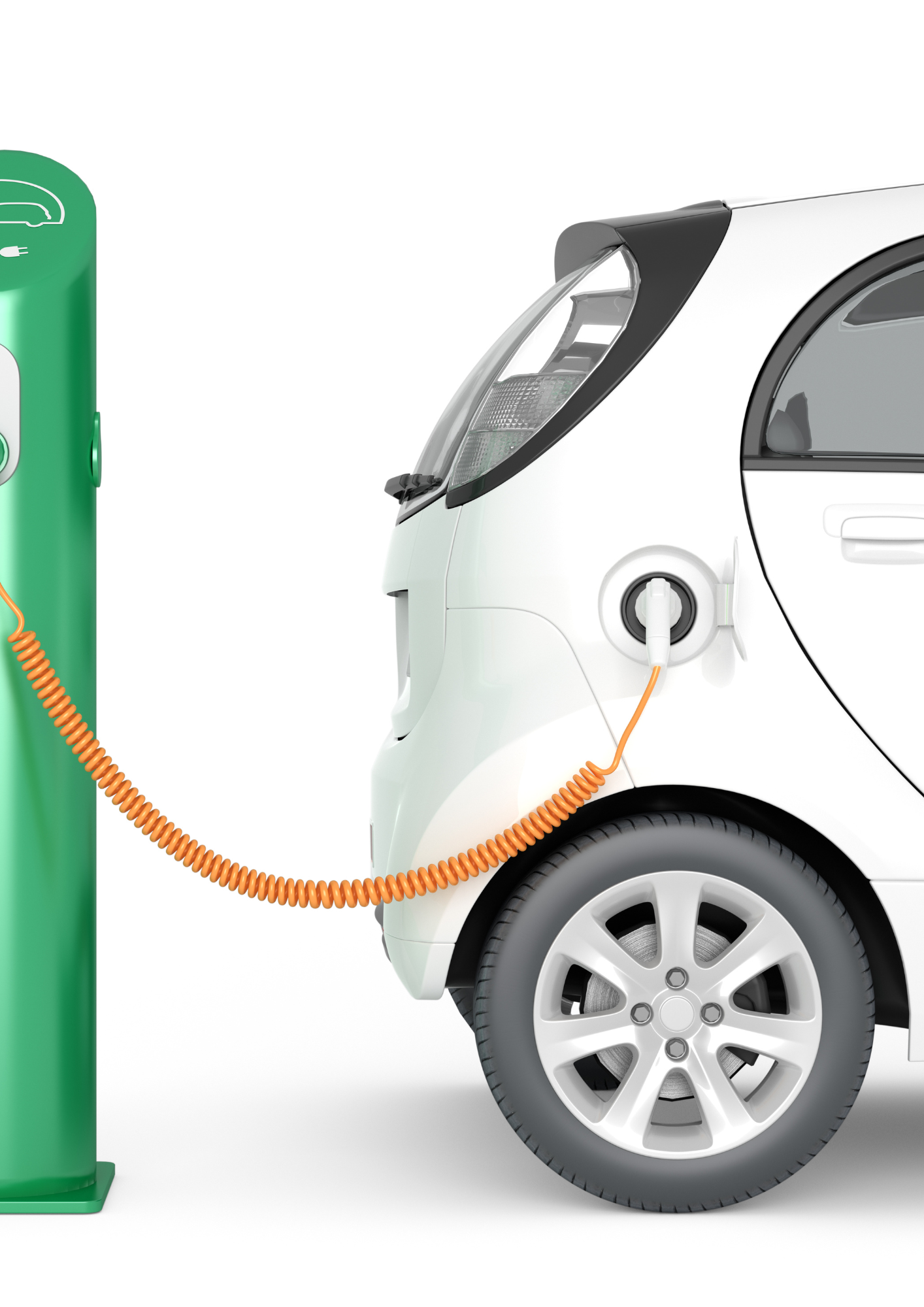
Mobility, Energy distribution, Charging point manufacturers and operators
The new car market: on a one-way road to electric
________
Faced with the prospect, laid down by the European Commission, of banning the sale of combustion engines in cars and commercial vehicles on 1 January 2036, manufacturers have all decided to electrify their entire ranges by 2030 at the latest. There is not a single manufacturer without an electrified option in its catalogue in 2023. In the first quarter of 2023, the Tesla Model Y, a 100% electric car, became the most registered car in the world, ahead of the Toyota Corolla (267,000 Tesla Model Ys compared with 256,400 Toyota Corollas). In France, in the first half of 2023, Tesla led the way in electric sales (19.7% of the electric car market), ahead of Renault (12.4%) and MG (7.9%). Sales of electric cars accounted for 137,920 units, or 15.5% of the new car market.
45% of vehicles on the road will be electrified by 2036
According to statistics from the Data and Statistical Studies Department (SDES) of the French Ministry for Ecology, Energy and Territories, there were more than 1.2 million electric cars on the road in June 2023, including almost 700,000 electric cars and vans and 280,000 plug-in hybrids. This represents 1.8% of the fleet on the road (of 46.5 million cars and vans). Another 2% are non-plug-in hybrids. So that makes 3% of today's fleet electrified. For 2030, the FIEV's projections suggest that between 8.5% and 12.7% of light vehicles on the road will be 100% electric, depending on whether the deployment of electric light vehicles is assumed to be low or high.
One in five passenger cars and light commercial vehicles on the road in 2030 will therefore be high-voltage vehicles (over 60 volts), requiring after-sales servicing under new safety constraints (electrical accreditation essential). By 2036, all-electric passenger cars and light commercial vehicles will account for 40% of the vehicle fleet, with plug-in hybrids accounting for a further 5%. Nearly one in two vehicles on the road in France would therefore be rechargeable and high voltage. Hybrid electric vehicles would account for 38% in 2030, but only 30% in 2036, as the price of 100% electric technology would lead to a definitive switch to electric vehicles. In 2036, 51% of vehicles in the fleet will still be exclusively combustion-powered, making the transition in workshops predictable and bearable for after-sales and training providers.

Infrastructure and services are being rolled out
______
After years of procrastination and a pandemic that did nothing to help, charging infrastructure for plug-in electric vehicles is finally being rolled out across the country: the milestone of 100,000 charging points open to the public was passed on 5 May 2023 (source: AVERE, excluding home charging points). More than 7,000 'fast' charging points, of 150kW or more, have been deployed, enabling 99% of motorway service areas to be equipped (source AVERE, July 2023). According to specialists (and FERIA in particular), statistics on the use of electric charging points show that they are under-used (around 14 charges per month per point), contradicting the accepted idea that France is under-developed in terms of charging infrastructure.
The electric vehicle ecosystem is in place
The gathering momentum of electric mobility relates not only to cars, but also to soft mobility, bicycles, scooters, powered 2-wheelers and all Powered Personal Mobility Equipment (PPME). The insurance industry has now embraced all these forms of mobility. Sales and maintenance outlets for PPME are springing up all over the country, boosted in particular by subsidies for the purchase of electric bicycles.
The road infrastructure in towns and cities is changing radically to combine these environmentally-friendly forms of mobility with car traffic. Numerous players in the mobility sector have emerged and are currently expanding: operators and manufacturers of car charging stations, urban mobility operators, integrators of subscription solutions for the various recharging solutions (subscription cards), electronic payment solutions for the recharging market, as well as Electric Vehicle charging point installers.
This whole ecosystem is now coming together at EQUIP AUTO, which is devoting a growing sector to players in the field of low-carbon mobility.
(*) FIEV - Technopolys 2023 presentation based on SDES statistics and the forecasting model of the Association Nationale de la Formation Automobile (ANFA).

